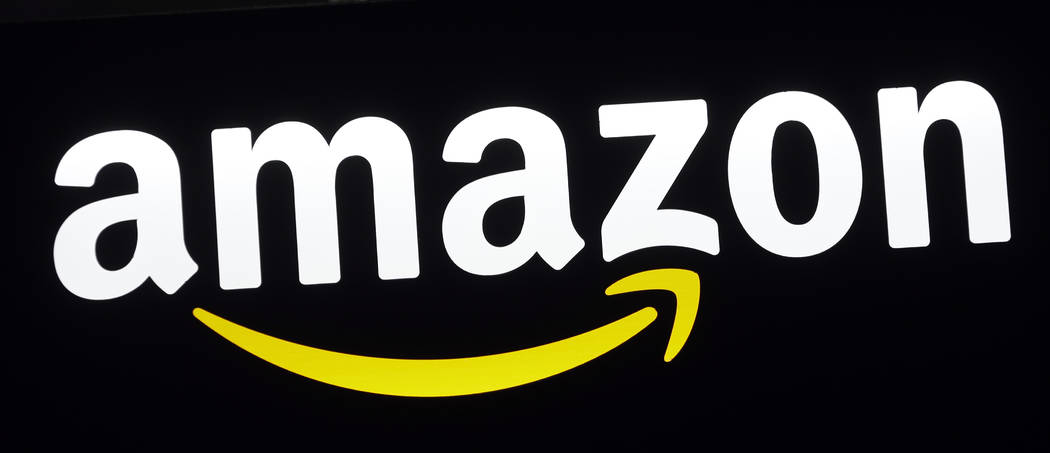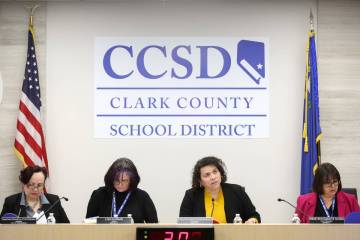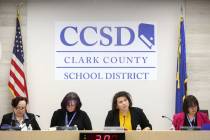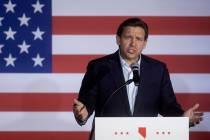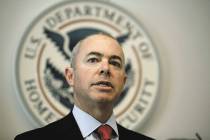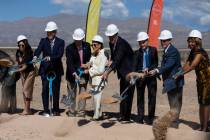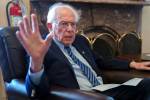EDITORIAL: Cities, states push to keep Amazon bids secret
The aversion many Nevada officials have to the state’s public records law is well-documented. In too many cases the default reaction — from Jarbidge to Laughlin and in between — is to retreat into the shadows rather than to acknowledge taxpayers have a right to examine government documents.
But that unfortunate tendency is not confined to the Silver State.
Chicago is one of 20 remaining finalists hoping to land Amazon’s second headquarters. It’s bid no doubt contains billions in potential tax breaks and other handouts. Yet ethis month, an Illinois judge ruled that Chicago officials may keep secret the details of their proposed giveaways in the Amazon sweepstakes.
That’s right. A judge has determined that the Illinois taxpayers who would be forced to foot the bill for many of the giveaways to the online retail giant have no right to know what officials have promised in their name to one of the world’s richest corporations.
Nor is this outrageous nonsense unusual. The New York Times reported last week that a lack of transparency is common for many of the finalists. In fact, the Times found, in some places “even civic leaders can’t find out what sort of tax credits and other inducements have been promised to Amazon.”
The Chicago court challenge was one of many legal actions filed across the country to force public officials into the light when it comes to Amazon. Others have seen more success. Pennsylvania’s Office of Open Records ruled that Philadelphia and Pittsburgh must make public their sales packages, the Times reports — although bureaucrats are, of course, appealing.
Not surprisingly, Nevada officials weren’t too eager to let state taxpayers in on their Amazon plan. Southern Nevada failed to make the January cut in the Amazon race, but it wasn’t until four months later that Gov. Brian Sandoval’s Office of Economic Development released the proposal. It included a list of potential locations for the company’s new campus — with land provided for free, in most cases — and “about $800 million in state and local tax incentives.” But at least they eventually made the bid available for scrutiny.
The winner in the Amazon lottery will no doubt benefit if the company follows through on its promise to invest $5 billion and create 50,000 jobs. But any advantages risk being offset by the loss of tax revenue created by the massive subsidies. Targeted economic handouts are a poor substitute for creating a reasonable tax and regulatory climate tailored to generate growth, keep existing businesses and attract new entrepreneurs.
At the very least, however, jurisdictions intent upon getting into bidding wars to lure economic development have an obligation to keep the taxpayers who must pay for such subsidies apprised of their potential obligations.



